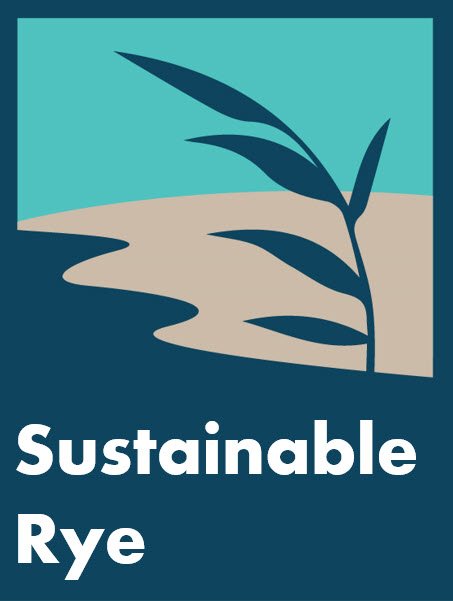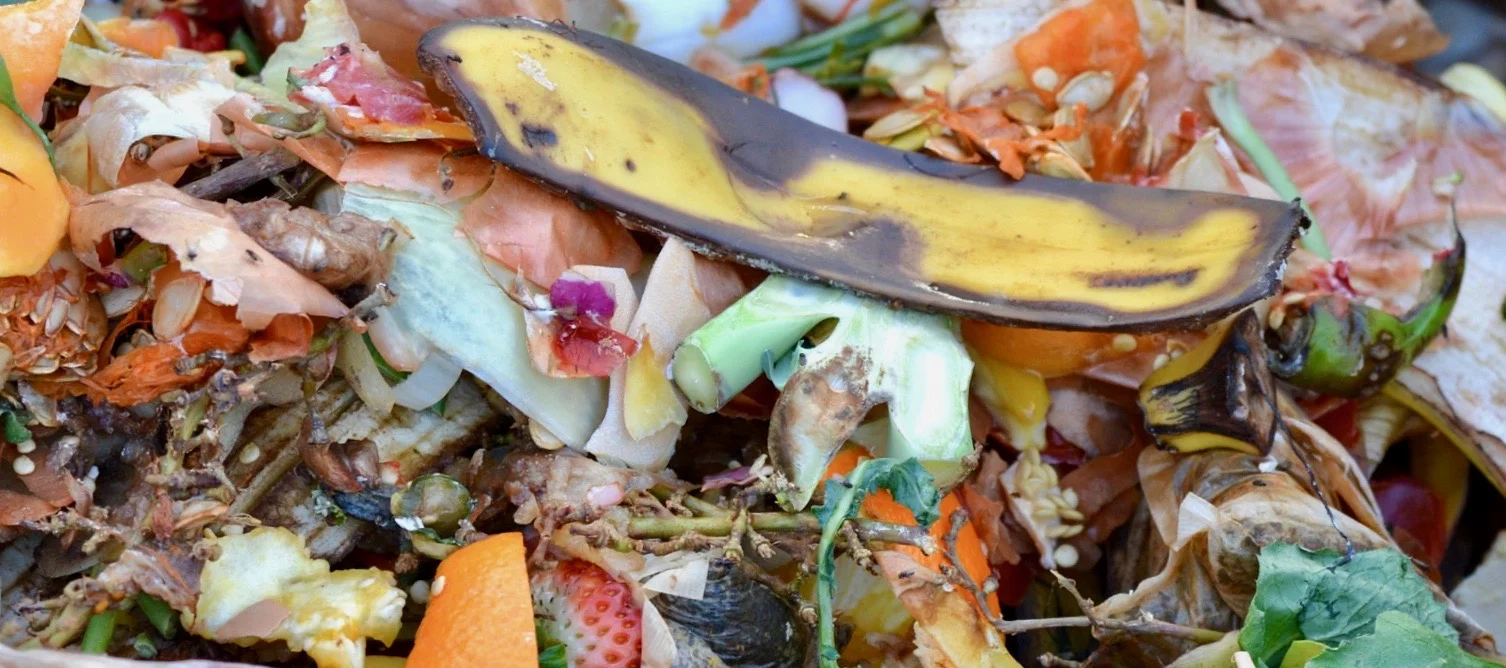Food Scrap Recycling
Frequently Asked Questions
Where do I get a counter-top pail and bin?
Am I required to use the countertop pail being offered by City of Rye?
Where can I purchase additional compostable bags?
Can I use plastic bags labeled “biodegradable”?
Am I required to use compostable bags?
Will composting be messy or smelly?
What happens to the food scraps after they leave the recycling facility?
What is the difference between using the Rye Food Scrap Recycling service and backyard composting?
Additional Questions? For questions about the Rye FSR program, contact DPW/Rye Sustainability at foodscrap@ryeny.gov.
Where do I get a counter-top pail and bin?
The City of Rye is offering FSR Starter Kits to residents for purchase by check at the Disbrow Department of Works Center office, 141 Oakland Beach Avenue. Total cost of the Starter Kit is $20 and includes one 2-gallon counter-top pail, one 6-gallon home storage & transportation bin, and one roll of 25 compostable bags for your pail. Additional compostable bin liners and supplies are also available for purchase from DPW.
Am I required to use the countertop pail being offered by City of Rye?
For the Rye FSR Pilot Program, residents will be required to purchase the Starter Kit that already includes a countertop pail. Residents, however, may use any bin they would like to collect food scraps. Any container with a snug fitting lid that will fit under your sink or on your kitchen counter will work. Suggested sizing for the countertop pail is from 1 to 2.5 gallons. Suggested sizing for the storage and transportation bin is 5 to 6 gallons.
Where can I purchase additional compostable bags?
Compostable bin liners ($2.00/roll for 25 bags) and additional supplies are available for purchase from DPW. Kits and supplies can be purchased by check. Please make checks payable to City of Rye and pay at Disbrow Recycling Center, 141 Oakland Beach Ave.
Can I use plastic bags labeled “biodegradable”?
“Biodegradable” plastic bags are not accepted in the food scrap recycling bins. Compostable bags are made of plant-based materials that break down in the composting process. Plastic bags labeled “biodegradable” are made of plastic that breaks down into small pieces of plastic and will contaminate the compost.
Am I required to use compostable bags?
Using a compostable bag is not required. You can either use a compostable bag, a paper bag, or no bag.
Will composting be messy or smelly?
Collecting food scraps should not be any more messy or smelly than putting food scraps in your trash. The same materials are being collected – just in a different container. Using compostable bags with your pail will also keep everything cleaner.
What happens to the food scraps after they leave the recycling facility?
All material collected is processed and made into compost by a commercial composting facility outside of Rye with specialized processes to quickly break down the organic matter - even meat scraps, fish and bones. The compost is then sold to landscapers and garden centers.
What is the difference between using the Rye Food Scrap Recycling service and backyard composting?
Good compost can be made in a backyard composter or in a commercial composting facility. The difference between the two is that a backyard composter is limited to certain foods (fruits, vegetable, coffee grounds, egg shells) while a commercial composting facility can accept any food. Food, such as meat, fish, dairy, bones, shells, pasta, bread, rice, fats and oils can all be composted at a commercial facility. If you already have a backyard composter, it is suggested to keep composting in your backyard and use this service for those foods that can’t go into a backyard composter.
Why compost?
Food makes up 30% of what people sends to landfills and incinerators, which then creates greenhouse gases and contributes to climate change. When composted, food scraps and organic waste can be turned into a soil amendment that helps grow more plants, fruits and vegetables!

